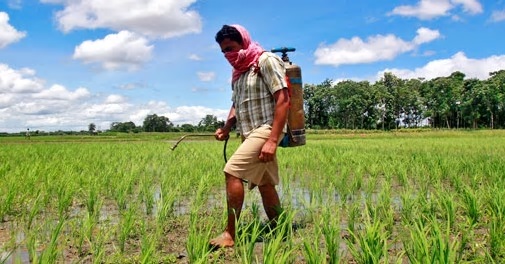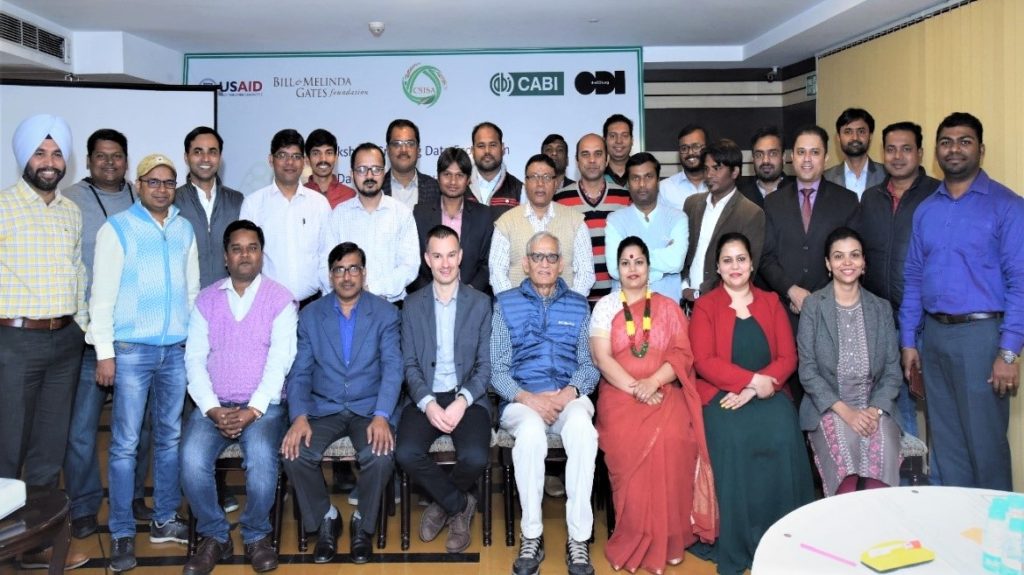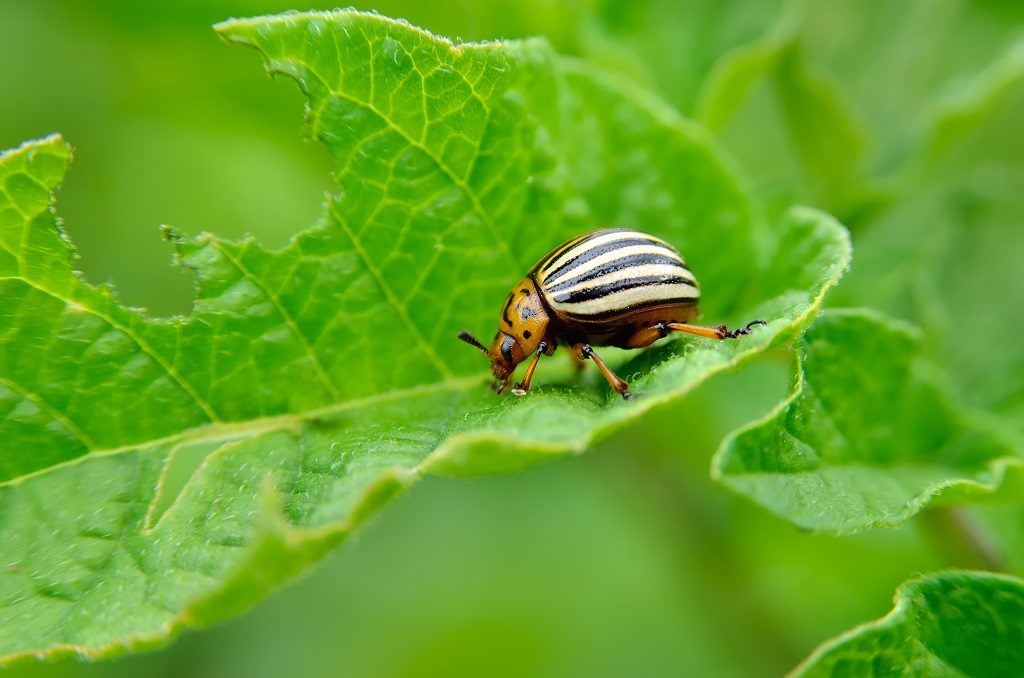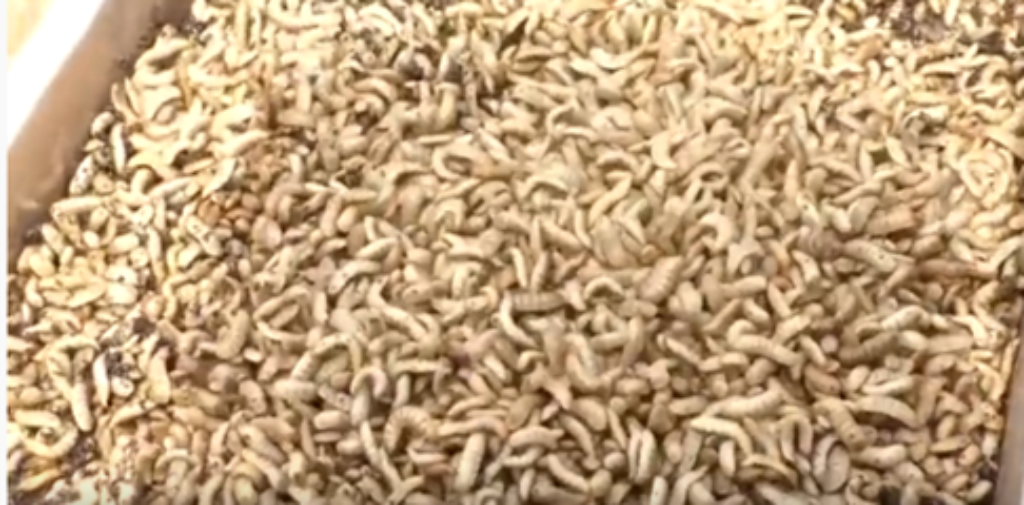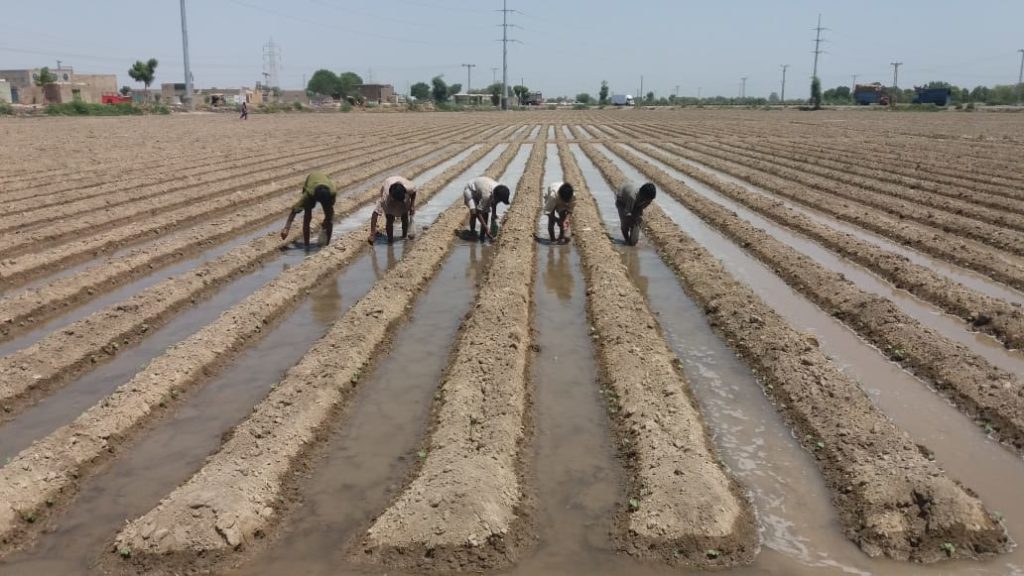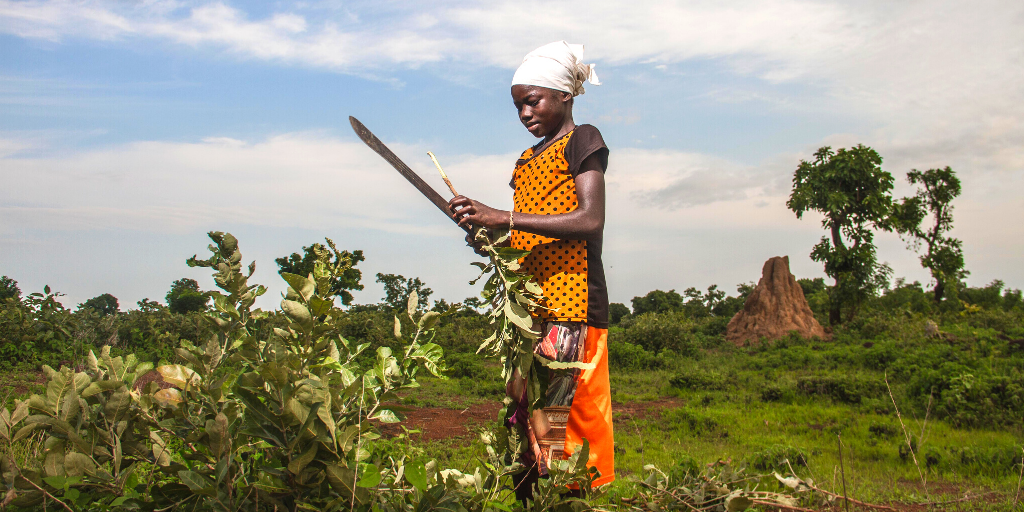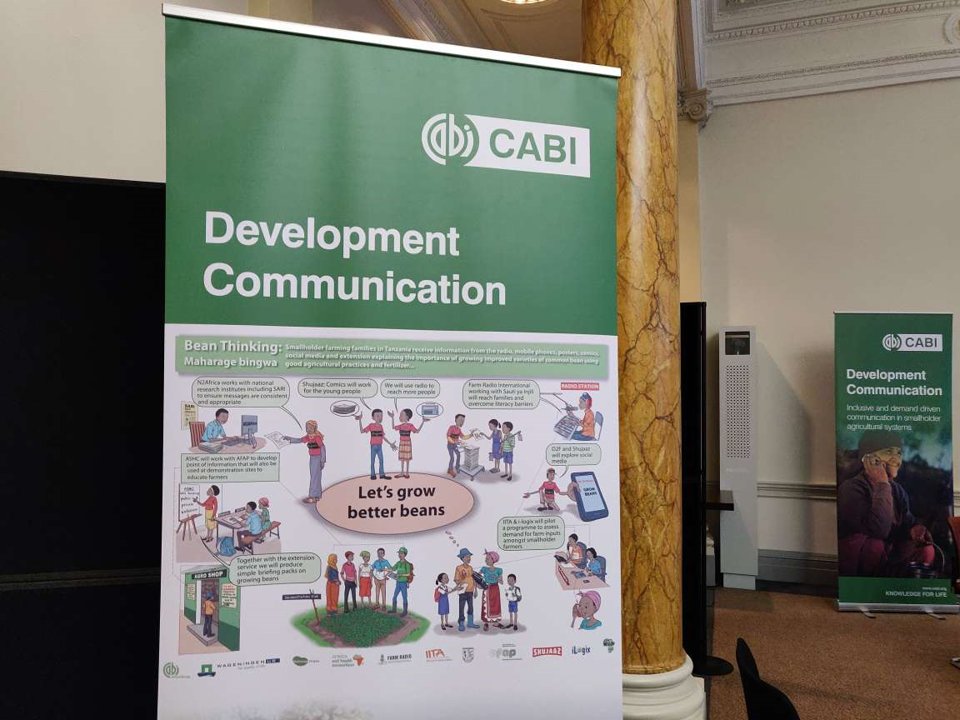Workshop focuses on creating healthy ‘data ecosystems’ to boost food security in India
CABI has been funded a two-year US$1.49 million project by the Gates Foundation to help increase food security in India and Ethiopia through better access to data on soil health, agronomy and fertilizers. This is being carried out with a focus to ensure that available data on agricultural development is based upon FAIR principles–Findable, Accessible,…
Supporting safe plant exports with the CABI PRA Tool
Increased globalization, trade and, specifically, international movement of plant commodities are associated with greater risk of the spread of plant pests. A Pest Risk Analysis (PRA) evaluates biological, scientific and economic evidence to determine whether an organism is a pest, whether it should be regulated, and the strength of any phytosanitary measures to be taken…
Investigating a way to reduce the cost of poultry feed in Ghana
Ghana imports poultry meat to the tune of about US $374 million every year. This is because local production of poultry is hampered by the high cost of protein feed for chickens- representing 70% of total production cost.
Online learning in development
January 24th is the United Nations’ International Day of Education, a celebration of the role of education for peace and development. The Sustainable Development Goals are rightly driving many projects amongst the world’s poorer nations and people groups, and online learning is playing a part in a lot of these projects. In honour of Education…
When you picture a farmer, are they a woman?
CABI has today published a briefing, Empowering female farmers – Gender responsive programming, which is an overview of gender inequality in agriculture, its challenges and impacts, and how CABI is working to address these through its projects and implementation now and in the future.
CABI Blog Most Read 2019
As 2019 draws to a close, we have crunched the numbers and compiled the top 20 most read articles on the CABI Blog this year. Plus a few firm favourites. Articles by CABI Books authors proved popular this year, covering a wide range of topics from religious tourism, to science communications, and the visual system…
The Legume Alliance
Reblogged from N2Africa. Back in 2015, a group of like-minded organizations came together to explore the idea of forming an alliance to improve the information provided about improved legume techniques for farmers. The idea of this Legume Alliance was to test a new integrated approach to developing and sharing agricultural information. Farmers did not always…
CABI’s Dialogue in Agriculture brings experts together to share learning in development communication
At the end of November, CABI’s development communication team brought stakeholders and key partners together in the first event of its kind called - ‘Dialogue in Agriculture: Inclusive and demand-driven communication in smallholder agricultural systems’ - to share learning from recent communication campaigns in parts of Africa and Asia.


